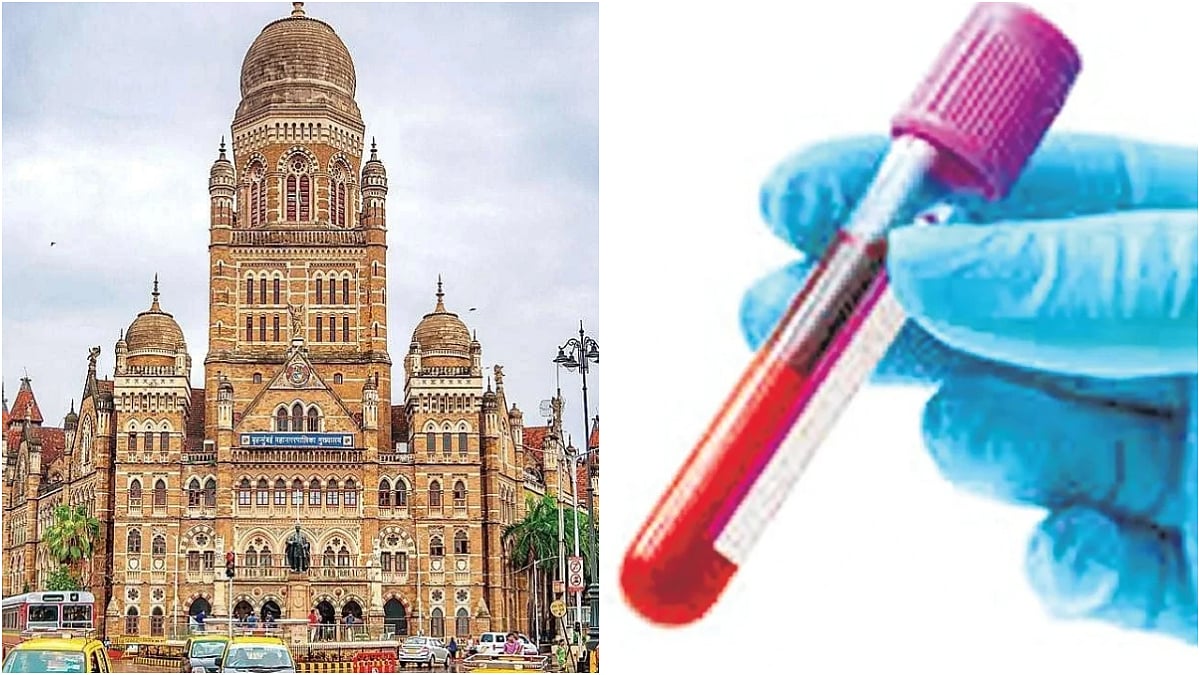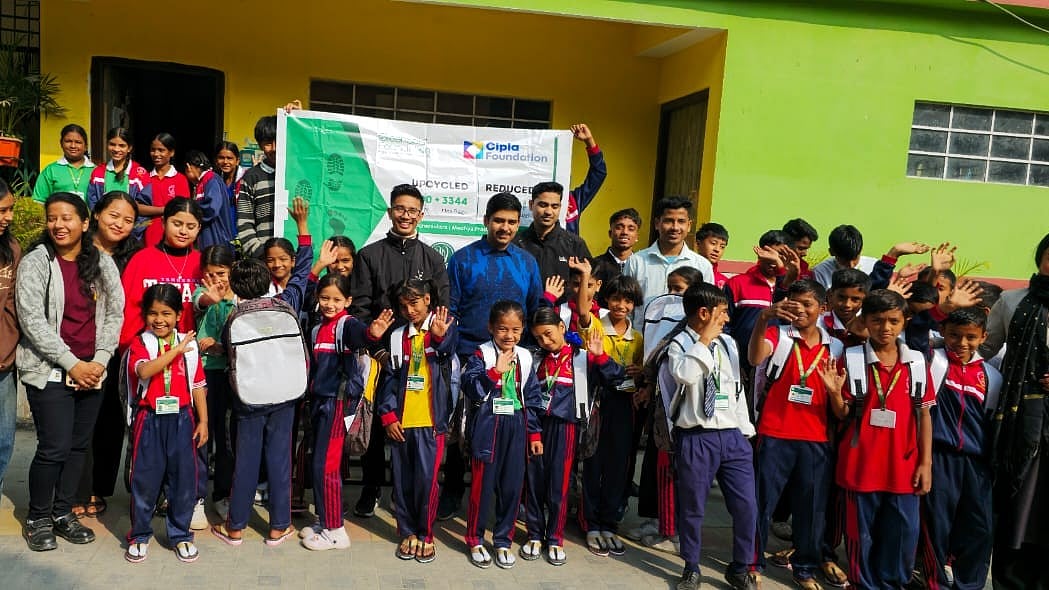Mumbai: The Brihanmumbai Municipal Corporation (BMC) will relaunch its flagship health initiative — ‘Aapli Chikitsa Yojana’ — across 100 civic-run health centres starting August 1, 2025. Under this scheme, Mumbaikars can access a wide range of blood tests at nominal charges. In a significant digital upgrade, test reports will be sent directly to patients via WhatsApp.
The initiative aims to provide affordable diagnostic services through an outsourced model at municipal health facilities, including suburban hospitals, maternity homes, specialty clinics, and major civic hospitals such as Dr. R.N. Cooper Hospital and Hindu Hridaysamrat Balasaheb Thackeray Trauma Care Hospital in Jogeshwari.
All BMC Dispensaries to Be Covered by August 15: Commissioner Orders Expansion
BMC Commissioner and Administrator Bhushan Gagrani has directed that the scheme be extended to all BMC dispensaries by August 15, ensuring basic and advanced diagnostic services are accessible citywide. A total of 83 tests — including 66 basic and 17 advanced — will be offered, based on recommendations from an expert committee.
According to the BMC Health Department, Aapli Chikitsa Yojana will be available at 16 suburban hospitals, 30 maternity homes, five specialty hospitals, Dr. R.N. Cooper Hospital, HHBT Trauma Care Hospital, and all dispensaries in Wards A to E.
Lifenity Health Appointed Service Provider, HMIS Integration Planned
In June, BMC finalised ‘Lifenity Health’ as the service provider through a competitive bidding process. The scheme will also be integrated with the Health Management Information System (HMIS) to ensure efficient data collection, monitoring, and enhanced patient care.

Reduced Test Menu: 83 Diagnostics Tests to Be Offered Instead of 139
Notably, the civic body has reduced the number of available tests from 139 to 83. When 'Aapli Chikitsa Yojana' was first launched in 2019, it offered 139 tests — 101 basic and 38 advanced — at affordable rates of Rs 50 and Rs 100, respectively. It operated across more than 400 municipal health centres and benefitted nearly 4,000 patients daily before being abruptly halted late last year.






